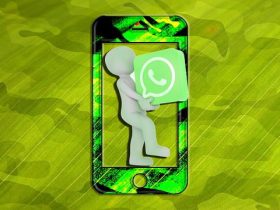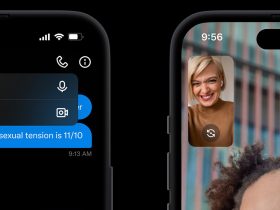Telecom fraud poses significant risks, both financial and psychological, to individuals and businesses worldwide. As technology continues to advance, fraudsters are finding new and sophisticated ways to exploit telecommunications systems. In this context, the emergence of ChatGPT, an AI-powered chatbot, raises the question of whether it can serve as a valuable tool in the fight against telecom fraud or inadvertently facilitate its escalation.

- The Hazards of Telecom Fraud:
Telecom fraud encompasses a range of deceptive activities, including phishing, spoofing, and social engineering, aimed at gaining unauthorized access to personal and financial information. It leads to financial losses, identity theft, and a breach of privacy, eroding trust in telecommunication services. The escalation of telecom fraud necessitates innovative approaches to combat this pervasive threat.
- Leveraging ChatGPT to Prevent Telecom Fraud:
ChatGPT offers promising opportunities to prevent and detect telecom fraud. Its advanced natural language processing capabilities enable real-time analysis of conversations and the identification of suspicious patterns or keywords commonly used in fraudulent activities. By integrating ChatGPT into telecommunication systems, service providers can implement proactive measures to prevent fraud attempts and protect their customers.
Jolly Roger Telephone: Harnessing ChatGPT to Fight Fraud
Jolly Roger Telephone, a fraud prevention software that utilizes ChatGPT, has been serving customers for nearly a decade. With the launch of ChatGPT in late 2022, the creator, Roger Anderson, saw an opportunity to enhance the service. Anderson states that GPT-4's ability to generate humorous and nonsensical responses helps keep scammers engaged during the conversation.
According to reports, when a scammer calls, the AI employed by Jolly Roger Telephone initially stalls for time by delivering absurd statements. This allows GPT-4 to process the incoming information before generating appropriate responses. The text generated by GPT-4 is then passed through a voice cloner, giving the digital personality a distinct and often ridiculous voice during the conversation.

Customers can connect their landline or mobile phone numbers to the AI system. Jolly Roger Telephone offers various personalities, such as Whitey Whitebeard, Salty Sally, and Whiskey Jack, each with their own quirks and characteristics. The Jolly Roger website provides demos, but caution is advised as some samples may contain expletives from angry scammers. Users can choose to have calls recorded or not.
Jolly Roger Telephone is available in the United States, Canada, UK, Australia, and New Zealand. Subscribers in the US receive access to 10 robot voices, while others have six options. The subscription fee is only $1.99 per month. The setup process involves obtaining permission from the phone company and whitelisting contacts' numbers.
While not perfectly human, the combination of GPT-4 and the voice cloner in Jolly Roger Telephone creates remarkably lifelike personalities. The demos demonstrate how scammers can be easily fooled by the realistic voices generated by the software.







Leave a Reply